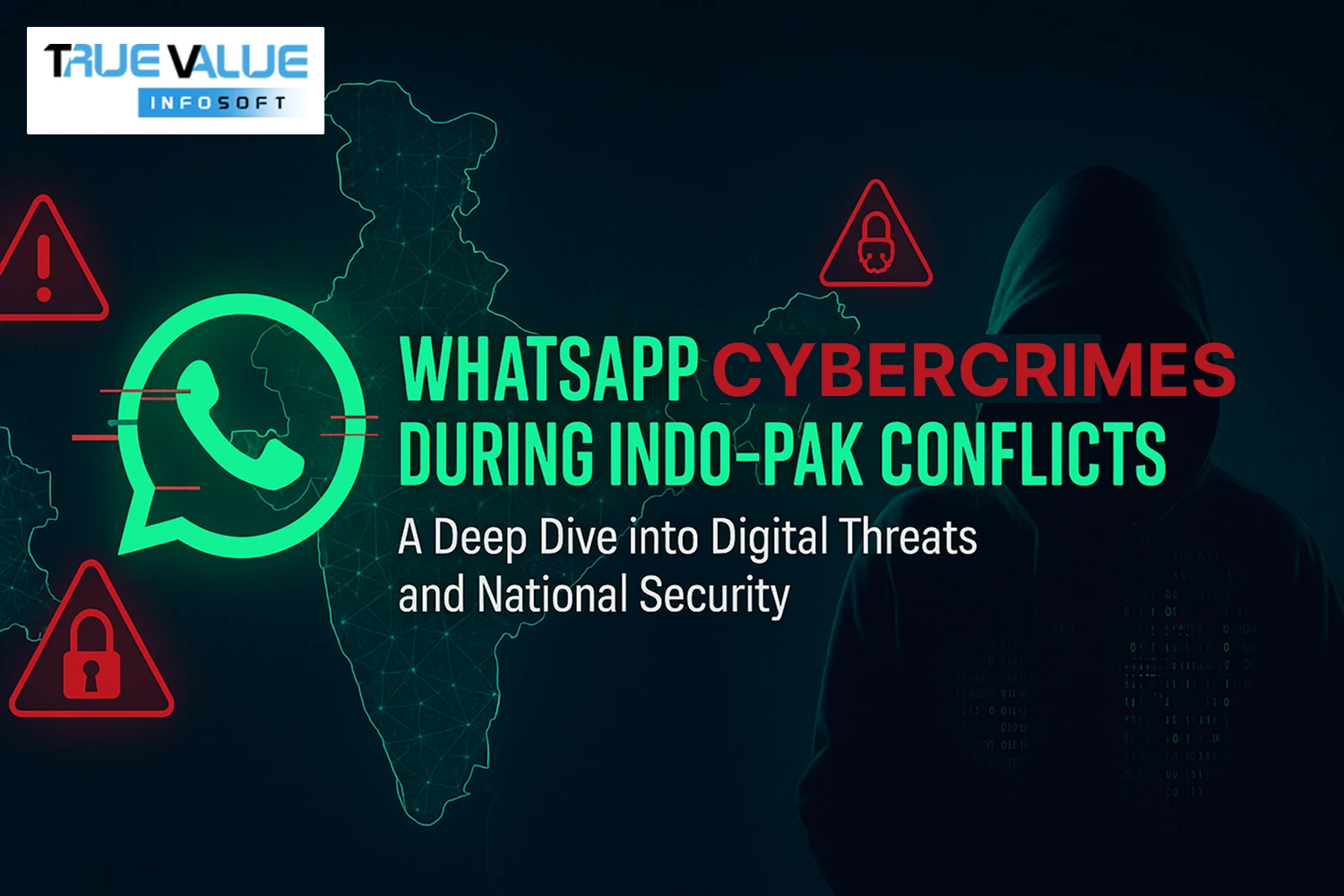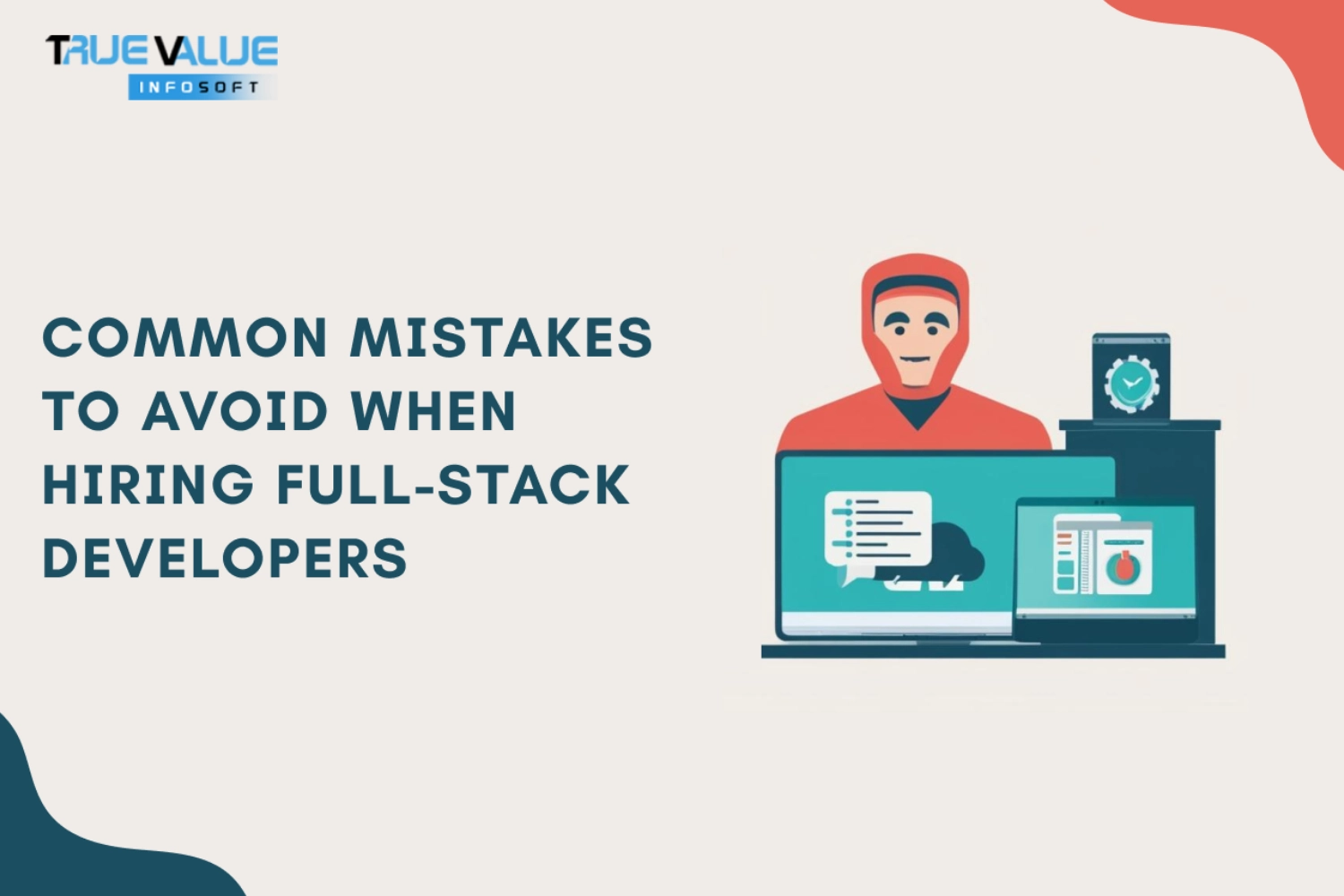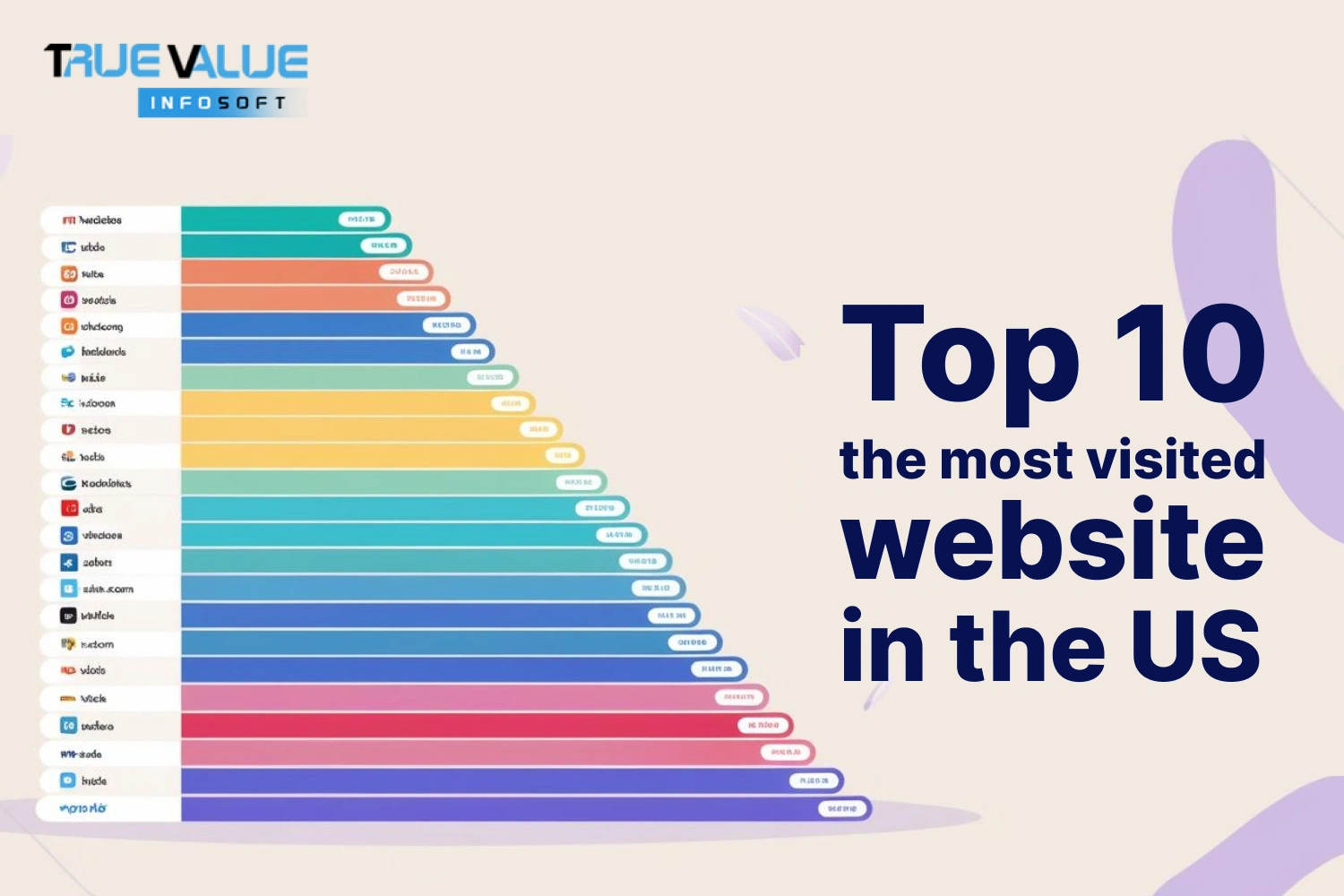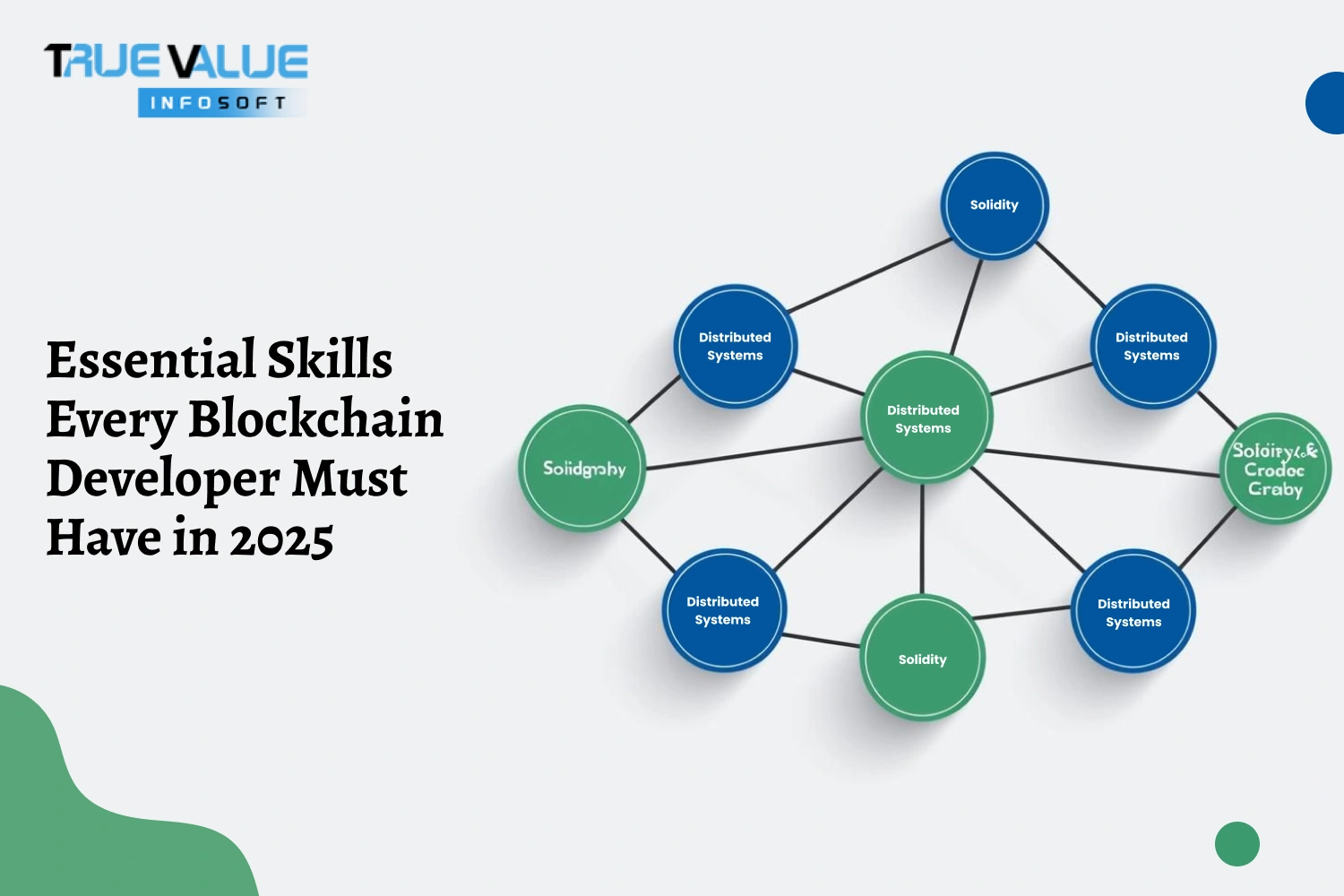Introduction
Have you ever wondered how a simple WhatsApp message could turn into a weapon during times of geopolitical conflict?
In today’s digital age, platforms like WhatsApp have become indispensable tools for communication—used by billions globally, including over 500 million users in India alone. However, their widespread usage and encrypted nature also make them vulnerable to misuse. This vulnerability becomes especially evident during times of tension between nations—such as the ongoing Indo-Pak conflicts—where cybercriminals and malicious actors exploit digital platforms to spread disinformation, conduct espionage, and incite unrest.
Throughout recent years, several incidents have highlighted how WhatsApp has been used as a tool not just for communication, but for manipulation. From fake news leading to public panic to honeytrap scams targeting defense personnel, the range and depth of cybercrimes linked to WhatsApp are alarming. These aren't isolated incidents—they’re part of a broader digital warfare strategy that involves state-sponsored hackers, terrorist groups, and organized cybercrime networks.
The question isn’t just about how this is happening, but also what impact it has on national security, public sentiment, and everyday citizens. The challenges grow more complex when you factor in AI-generated content, deepfakes, and sophisticated social engineering tactics. As one of India’s leading IT companies, True Value Infosoft is committed to highlighting these issues and empowering citizens and institutions through knowledge and digital tools.
1. Understanding Cybercrime in the Context of Indo-Pak Conflicts
The political and military friction between India and Pakistan has been ongoing for decades, often flaring into armed skirmishes, cross-border terrorism, and diplomatic standoffs. In the 21st century, this rivalry has moved into cyberspace. Cybercrime, particularly using platforms like WhatsApp, becomes a strategic weapon used to gather intelligence, mislead the public, destabilize societal harmony, and provoke unrest.
Cyber warfare is cheaper, deniable, and can reach millions in seconds — making it an attractive strategy for hostile actors. WhatsApp, due to its wide reach, end-to-end encryption, and trust among users, becomes an ideal platform for orchestrating malicious campaigns.
2. Why WhatsApp is the Prime Target
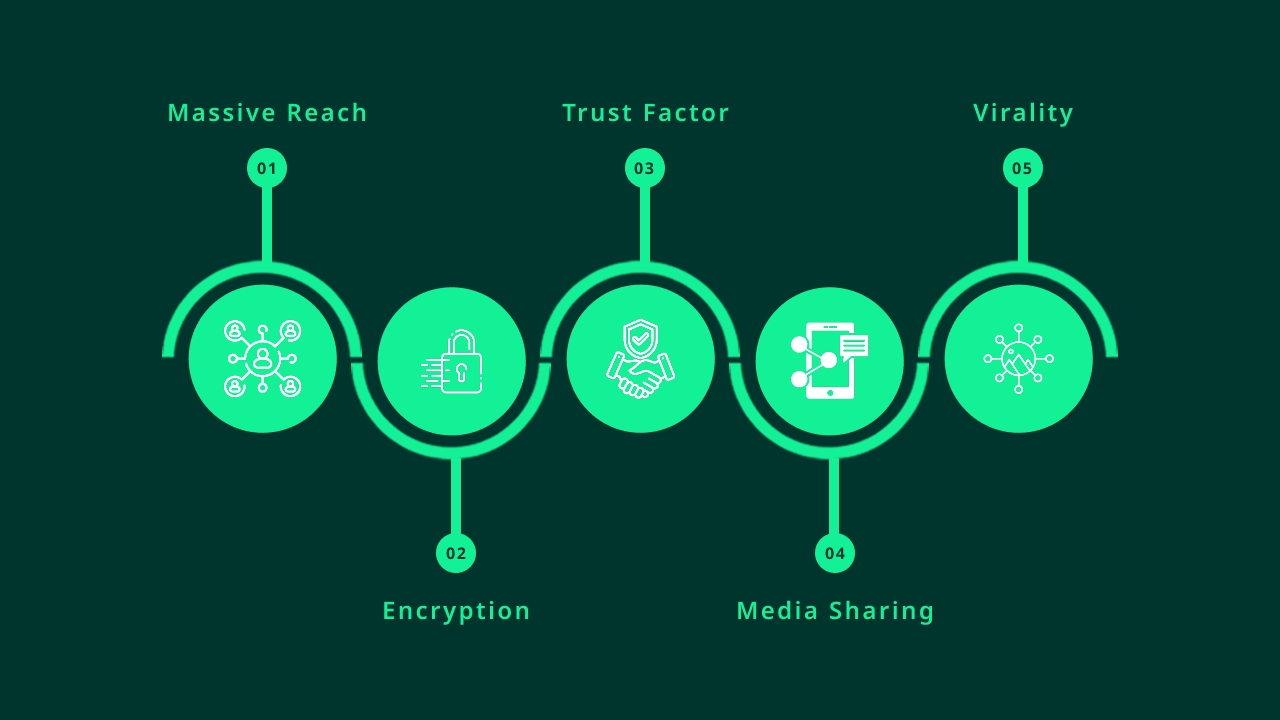
- Massive Reach: Over 500 million Indian users.
- Encryption: End-to-end encryption makes tracking harder.
- Trust Factor: People trust messages from known contacts.
- Media Sharing: Ability to share images, videos, PDFs, voice notes.
- Virality: Forwarding features enable rapid spread.
Hostile entities exploit these features to maximize psychological and social impact during times of national tension.
3. Common WhatsApp Cybercrime Tactics During Conflicts
Fake News & Misinformation
False information about military movements, casualty numbers, and political decisions is spread to confuse or agitate the public. During surgical strikes or border clashes, several fake images and videos claiming to show real-time warfare have gone viral, later proven to be doctored or unrelated.
Phishing & Spoofing Attacks
Messages pretending to be from official government sources prompt users to click malicious links that steal data or install spyware. Spoofed WhatsApp profiles mimic trusted sources to gain user trust.
Malware via Media Files
Cybercriminals send videos, PDFs, or APK files embedded with malware that can:
- Track user activity
- Steal banking credentials
- Turn on microphones and cameras
- Encrypt files and demand ransom
Honeytrap Scams
Operatives use fake female profiles to seduce military personnel and extract sensitive information. These profiles often reach out via WhatsApp after first contact on Facebook or Instagram.
Impersonation of Military & Government Officials
Fake profiles and messages claim to be from army personnel or intelligence officers warning of terrorist attacks or asking for personal information under the pretext of national security.
4. Case Studies of WhatsApp Cybercrimes During Past Indo-Pak Tensions
- Pulwama Attack (2019): Several fake videos circulated on WhatsApp claimed to show the attack footage, many sourced from unrelated events.
- Balakot Air Strikes: Fake news about high Pakistani casualties spread rapidly.
- Kargil Vijay Diwas: Anniversary dates are used by cybercriminals to send doctored patriotic videos containing trojans or spyware.
5. Role of Pakistani Cyber Groups and State Actors
Several reports by Indian intelligence and cybersecurity firms have attributed cyberattacks to groups believed to be supported by Pakistani state actors. Names like APT36 (aka Transparent Tribe) are known to target Indian military, educational, and political entities using WhatsApp, phishing emails, and malicious domains.
6. How These Cyber Threats Target Indian Citizens & Institutions
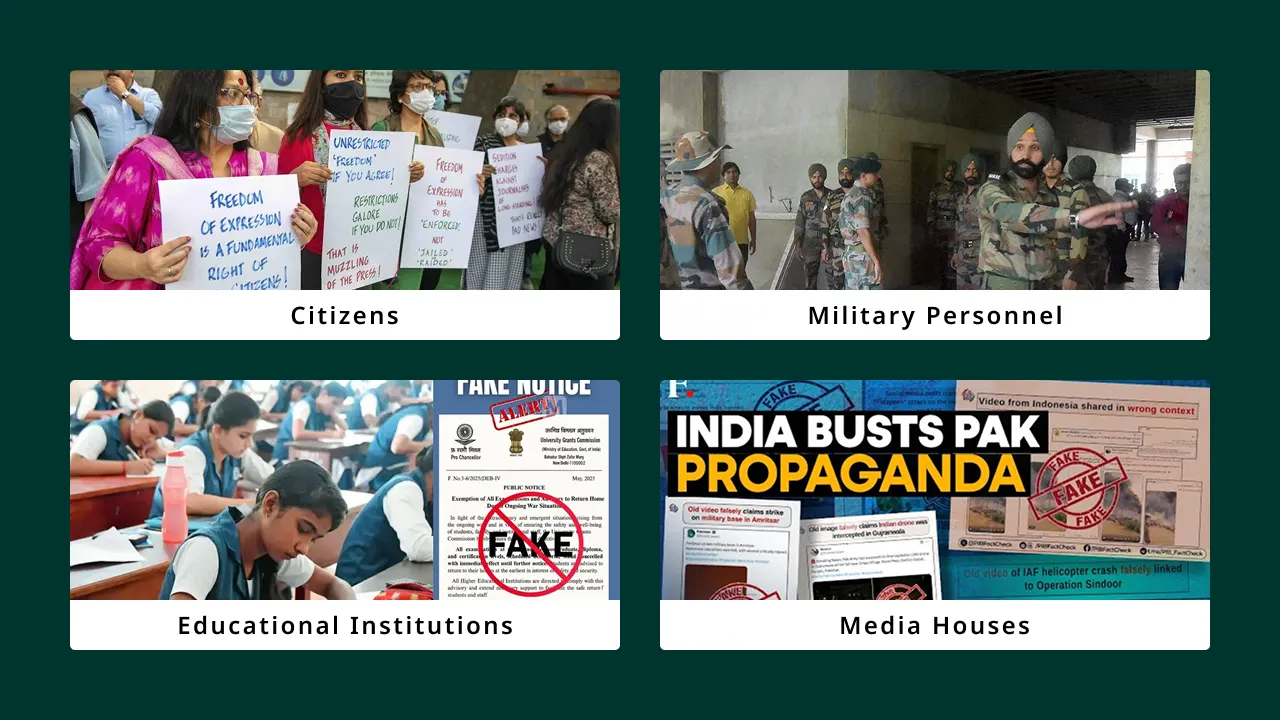
- Citizens: Misinformation creates panic, communal hatred, and trust issues.
- Military Personnel: Targeted through honeytraps and spyware.
- Educational Institutions: Students receive fake recruitment messages.
- Media Houses: Fed with manipulated videos and narratives.
7. Psychological and Social Impact of WhatsApp-Based Misinformation
- Mass Hysteria: Mobs formed due to fake terror alerts.
- Communal Riots: Misleading messages about religious attacks.
- Distrust in Institutions: Circulation of fake military orders.
- Mental Health Strain: Overexposure to distressing fake news.
8. Legal Framework and Government Response in India
- Information Technology Act (2000)
- Indian Penal Code (Section 66, 67, 505)
- Cybercrime Portals
- Initiatives like 'Digital India' Cyber Awareness Campaign
- CERT-In Advisories on WhatsApp Fraud
Government agencies often collaborate with WhatsApp and cybersecurity firms to track the origin of fake messages and arrest culprits.
9. How WhatsApp Responds to Abuse on its Platform
- Limiting message forwards to 5 chats at a time.
- Labels for "Forwarded" and "Highly Forwarded" messages.
- Takedown of accounts violating terms.
- Collaboration with law enforcement agencies.
10. Tools & Technologies Used in Tracking WhatsApp Cybercrimes
- Digital Forensics Tools (Cellebrite, Oxygen Forensics)
- AI-Powered Misinformation Detection
- IP and Metadata Tracking (with legal warrants)
- Reverse Image Search to verify fake media
- Sentiment Analysis to identify harmful content trends
11. Role of Indian IT & Cybersecurity Firms in Combating These Threats
Indian cybersecurity firms like True Value Infosoft play a crucial role in:
- Analyzing and flagging suspicious activities
- Educating the public
- Offering corporate training in cyber hygiene
- Collaborating with CERT-In and state police
- Developing anti-phishing tools
12. Contributions by True Value Infosoft in National Cybersecurity Awareness

https://truevalueinfosoft.com/
- CDR Analysis Tools: Used by investigators to trace WhatsApp interactions
- Awareness Workshops: For schools, colleges, and corporates
- AI Security Solutions: For detecting fake profiles and suspicious behavior
- Collaboration with Cyber Police Units
- Blog Campaigns educating users on safe WhatsApp practices
13. Proactive Measures for Citizens to Stay Safe on WhatsApp
- Never share OTPs or personal details
- Avoid clicking on unknown media files
- Report fake news and suspicious numbers
- Join official government WhatsApp channels only
- Use antivirus apps that scan WhatsApp files
- Educate family, especially elders, about digital hygiene
14. Future Threat Landscape: AI, Deepfakes, and Encrypted Attacks
- AI-Generated Fake Voices and Videos
- Deepfake Propaganda targeting political leaders
- End-to-End Encrypted Malware Distribution
- Social Engineering Bots engaging in long-term manipulation
Cybercrime will only become more sophisticated, making public awareness and private cybersecurity partnerships more critical.
Conclusion
In an age where misinformation can spread faster than bullets, digital vigilance is not just a personal responsibility — it is a patriotic duty. As India continues to advance technologically, the threats it faces in cyberspace will grow more complex. WhatsApp, while a powerful communication tool, is also a vulnerable entry point for cybercriminals, especially during times of geopolitical tension like Indo-Pak conflicts.
True Value Infosoft urges every citizen, business, and policymaker to stay informed, stay secure, and treat cybersecurity as a vital part of national defense.
FAQs
Misinformation, malware sharing, phishing links, impersonation, and honeytrap scams.
Cross-check with official news sources, verify images using reverse search, and look for sensational language.
Not directly due to encryption, but metadata and user reports help law enforcement trace sources.
Do not forward it. Report to WhatsApp and India's Cyber Crime Portal (cybercrime.gov.in).
Through cybersecurity tools, training, awareness campaigns, and working with enforcement agencies.
For more on cybersecurity solutions, digital safety, and IT consultancy, visit True Value Infosoft's official website.
